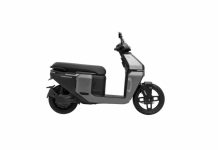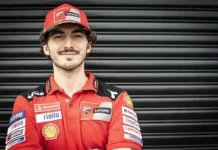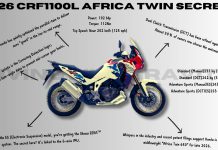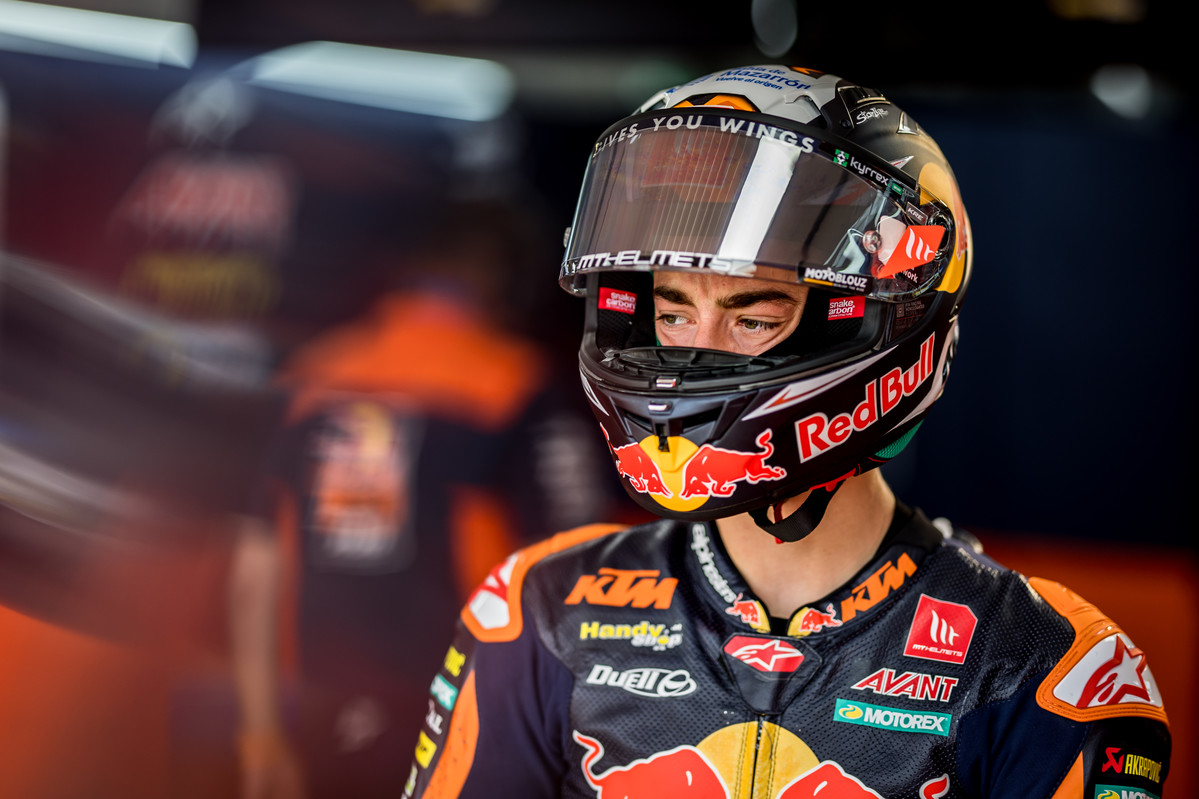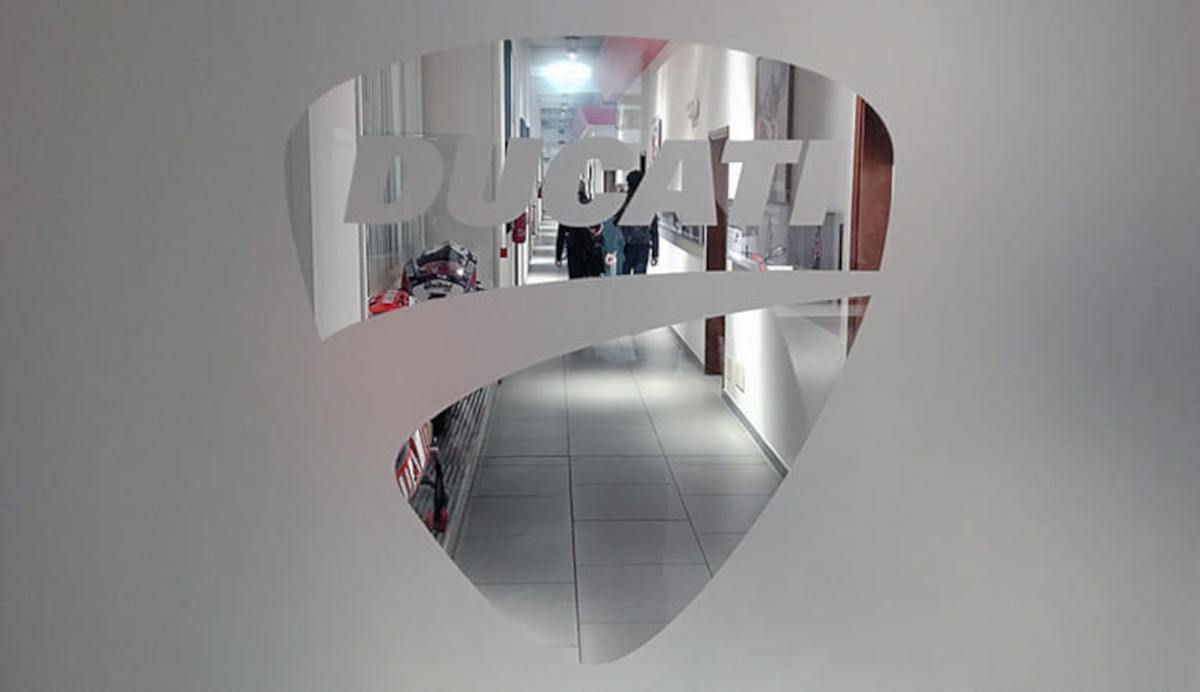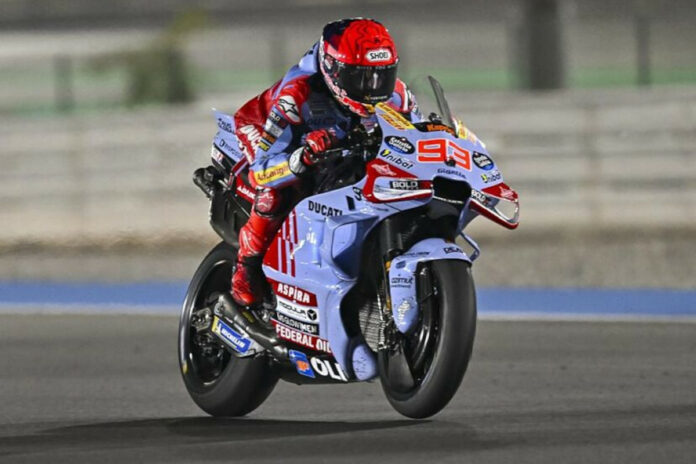Marc Marquez, one of MotoGP’s most iconic riders, recently made headlines with his decision to move from Gresini to the factory Ducati team next year. This move, however, was not without its complexities. Ducati initially offered Jorge Martin the coveted factory seat, but with a catch: if Marquez wins this year’s championship, he would automatically be promoted to the official team at Martin’s expense. Martin accepted these terms, but Marquez did not. Here’s a deep dive into the reasons behind Marquez’s decision.
Equal Machinery for Equal Competition
The Importance of Competitive Machinery
Marc Marquez is known for his competitive spirit and his insistence on a level playing field. Currently, he rides a year-old Ducati for Gresini, while his main rivals, including Jorge Martin, Pecco Bagnaia, and Enea Bastianini, have access to the latest-spec machinery. This disparity in equipment puts Marquez at a disadvantage.
In his own words, Marquez explained, “One reason, and the main one, is that, if you have to earn it on the track, you have to have the same weapons. And now I don’t have them.” This statement underscores Marquez’s belief in fair competition. Without the latest machinery, he feels it’s unfair to base promotions purely on track performance.
Impact on Performance
The difference in machinery significantly impacts a rider’s performance. Newer bikes often come with advancements in technology, better handling, and improved speed. For a rider like Marquez, who thrives on pushing the limits, not having the latest bike can hinder his ability to compete at the highest level. This disparity not only affects race outcomes but also impacts a rider’s confidence and strategy on the track.
Stability in Team Dynamics
Avoiding Lateral Moves
Marquez was also clear about his unwillingness to move from one satellite team to another. “I was very clear that I was not going to change from one satellite team to another,” he said. This stance reflects his desire for stability within the Ducati framework.
Switching from Gresini to Pramac, another satellite team, would not offer the progression Marquez seeks. Instead, he aims for a definitive path to the factory team, where he believes he can fully showcase his talents and leverage his experience.
The Role of Team Dynamics in Success
Team dynamics play a crucial role in a rider’s success. Moving between satellite teams can disrupt a rider’s rhythm, requiring them to adapt to new team cultures, strategies, and support systems. For Marquez, maintaining a consistent environment is essential for achieving long-term success and maximizing his potential on the track.
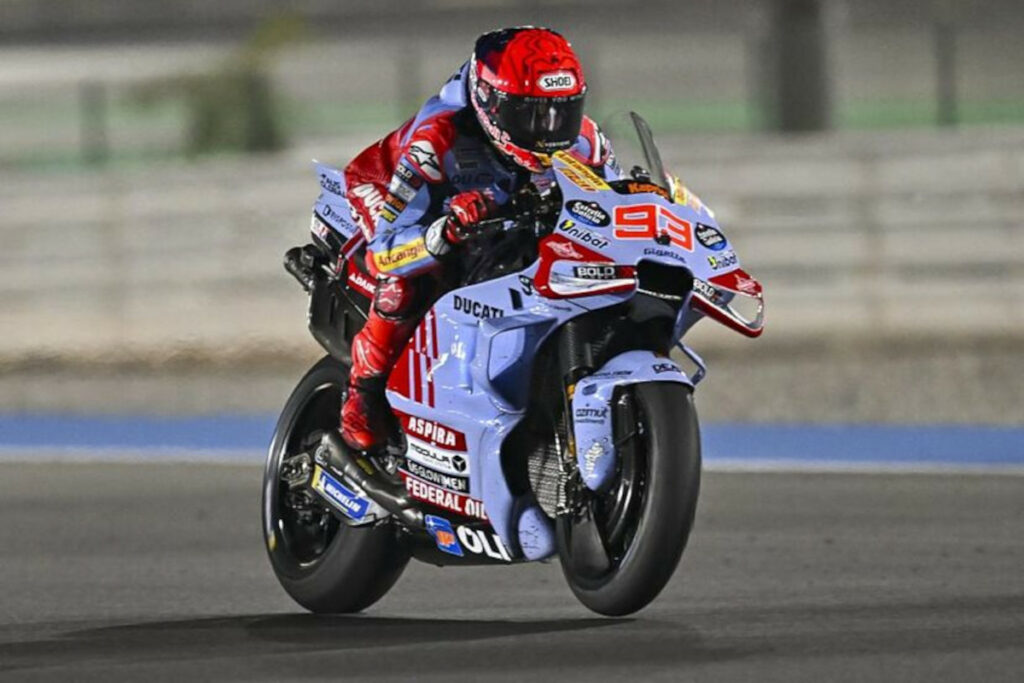
Sponsorship and Financial Considerations
The Influence of Sponsors
Beyond sports contracts, athletes like Marquez also have sponsorship commitments. Marquez highlighted the importance of these agreements, stating, “Athletes not only have sports contracts but there are others with sponsors who have followed me throughout my career and a multinational closes in September for the next two years and cannot wait. It was unfeasible.”
Sponsorships often come with financial incentives and obligations that need to be honored. These contracts can influence a rider’s decisions and career trajectory. For Marquez, maintaining these relationships is crucial, and any move must align with these commitments.
Financial Stability and Career Longevity
Ensuring financial stability through sponsorships allows riders to focus on their performance without additional stress. Marquez’s decision to reject the initial clause from Ducati was influenced by his need to secure his financial future and honor his commitments. This pragmatic approach highlights the intersection of sports and business in professional racing.
The Path Forward for Marquez and Ducati
Ducati’s Strategic U-Turn
Marquez’s refusal to accept the initial clause forced Ducati to rethink their strategy. This unexpected stance led Ducati to offer Marquez the factory seat outright, ensuring he moves to the official team next year. This decision reshapes the dynamics within the Ducati camp and sets the stage for an exciting season.
Anticipating the 2025 Season
The rest of this year’s title fight will unfold with the subplot of Jorge Martin moving to Aprilia and Marquez transitioning to the factory Ducati team in 2025. This shift promises to bring new rivalries and heightened competition to MotoGP, as fans eagerly anticipate how these changes will play out on the track.
The Broader Implications for MotoGP
Competitive Balance and Fairness
Marquez’s stance on having equal machinery underscores a broader issue within MotoGP: the need for competitive balance. Ensuring that all riders have access to similar equipment can enhance the fairness of the sport and elevate the overall quality of competition.
The Role of Sponsorships in Modern Racing
Marquez’s decision also highlights the growing influence of sponsorships in modern racing. These partnerships are not just financial backings but integral parts of a rider’s career strategy. Understanding this dynamic is crucial for aspiring riders and teams looking to navigate the complex world of professional motorsports.
Conclusion
Marc Marquez’s decision to reject Ducati’s initial contract clause was driven by a combination of factors: the need for competitive machinery, the desire for team stability, and the influence of sponsorship commitments. This multifaceted decision showcases the complexities faced by professional riders and the strategic considerations that go beyond just racing. As Marquez moves to the factory Ducati team next year, the MotoGP landscape is set for a thrilling transformation, promising intense rivalries and exciting developments in the seasons to come.

